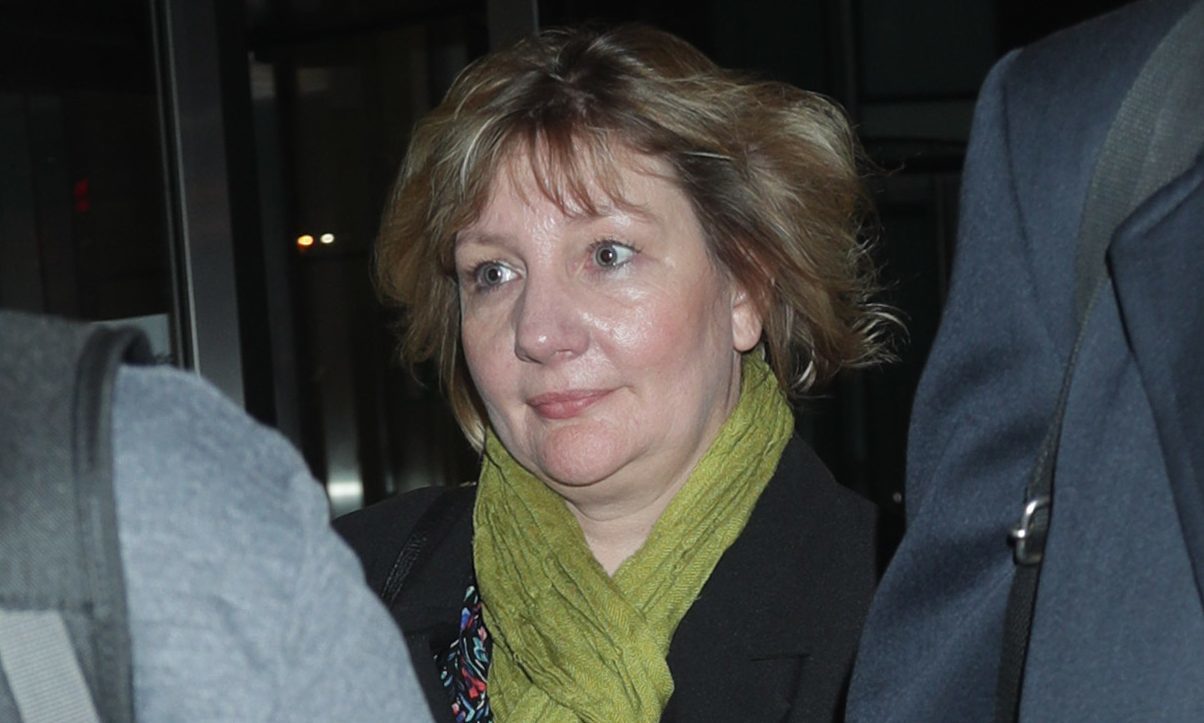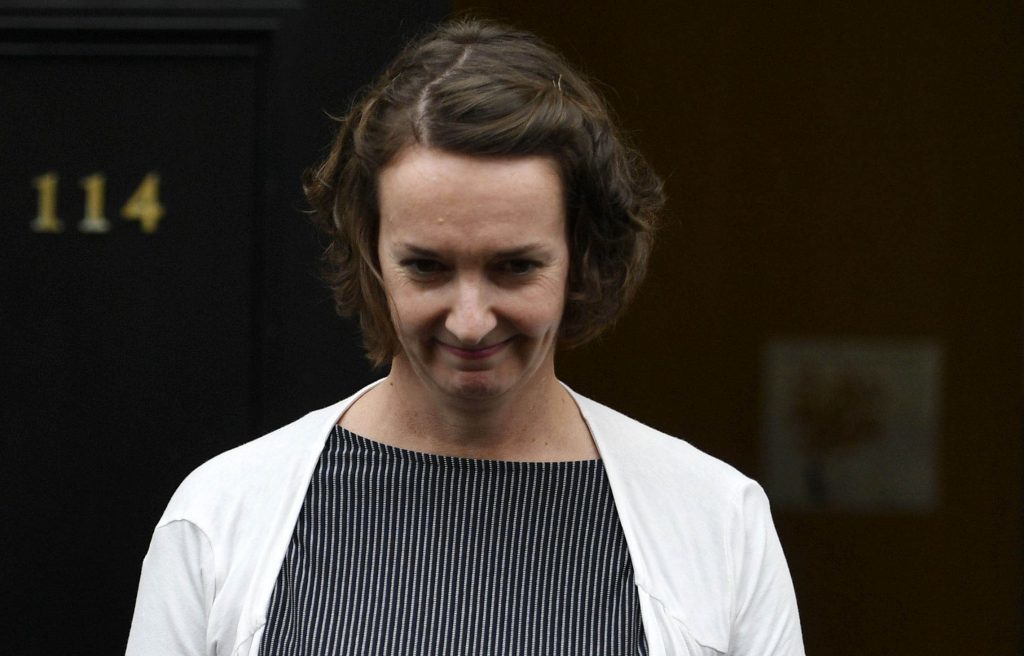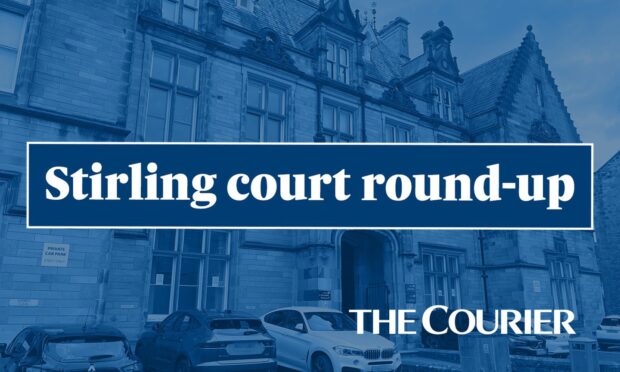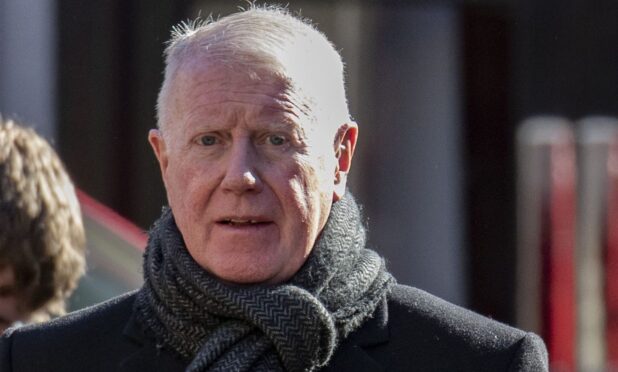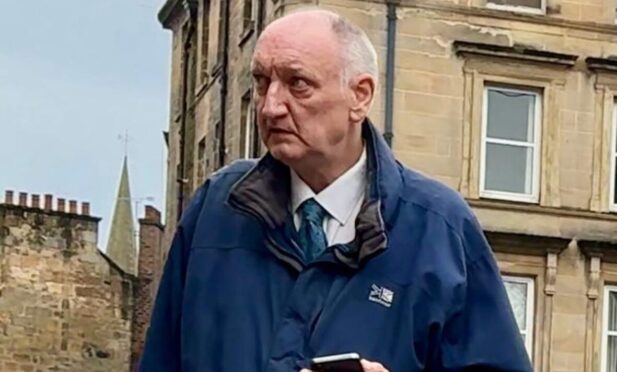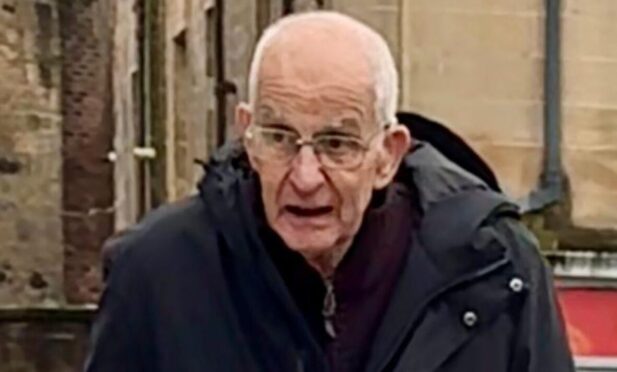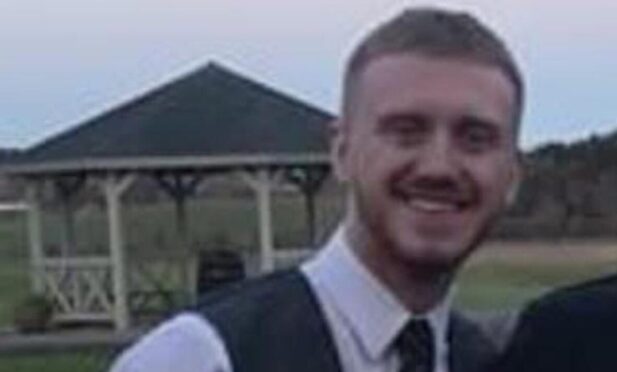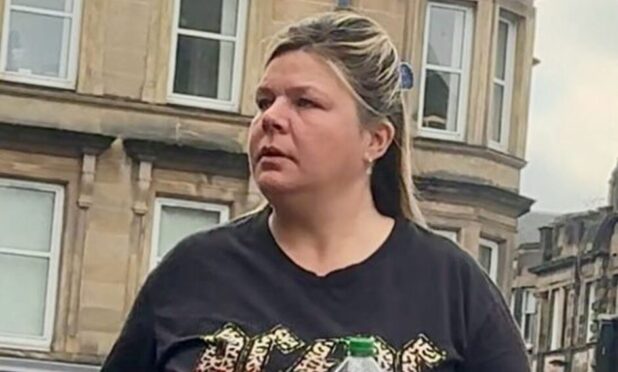A nurse has avoided being struck off for concealing the fact that medic Pauline Cafferkey had a raised temperature before she tested positive for Ebola.
The high temperature, noted on December 28 2014, should have triggered concerns that Ms Cafferkey was infected with the deadly virus.
But Donna Wood suggested a lower temperature was recorded on Ms Cafferkey’s form so they could pass through the screening process at passport control at Heathrow Airport more quickly, a Nursing and Midwifery Council (NMC) panel found.
Ms Wood was handed a two-month suspension order during a hearing in Stratford, east London, on Friday, after the panel found her fitness to practise had been impaired on public interest grounds.
Ms Wood had faced the possibility of being struck off as a result of the hearing.
Najrul Khasru, chairman of the panel, said it had considered several aggravating factors before deciding to suspend Ms Wood – a sanction he said was “appropriate”.
He said she had “put Ms Cafferkey and anyone coming into contact with her at unwarranted risk of harm” and told her the “seriousness” of the misconduct “could have contributed to the risk of Ebola – a very serious and dangerous illness – spreading into this country”.
Mr Khasru said the panel was mindful of its duty to protect the public interest and public confidence in the profession.
But he said: “While the public interest in this case is high, the panel considers that there was also a public interest in retaining and allowing a highly-skilled and well-regarded nurse to return to practice.”
Mr Khasru described Ms Wood, who was one of the first group of NHS medics to travel to West Africa, as someone of “good character”.
“The dishonesty in this case was a momentary lapse of judgment and unlikely to be repeated,” he said.
He added that the misconduct was “an isolated incident in an otherwise unblemished career”.
Ms Wood and Ms Cafferkey, who were volunteer nurses returning from Ebola-stricken Sierra Leone, were going through passport control when their group was pulled aside for screening.
The NMC panel found that Ms Wood was aware Ms Cafferkey’s temperature was above the nationally-set threshold, having been measured twice above 38C (101F).
But it said Ms Wood suggested a lower temperature of 37.2C (99F) be recorded on her screening form so the group could leave the “uncomfortable” and “chaotic” area more quickly.
A temperature above 37.5C (100F) required further assessment by doctors in the Public Health England (PHE) screening room.
The panel could not prove Ms Wood, who at the time was a senior sister at Haywood Hospital in Staffordshire, had written the incorrect temperature on Ms Cafferkey’s forms.
It also ruled that her fitness to practise was not impaired on public protection grounds, describing her as “low risk”.
The medics had taken their own temperatures to help staff running the screening process, the hearing was told.
Ms Cafferkey’s high temperature was later reported to another doctor, who recommended she was screened again, but she was given the all-clear to travel on to Glasgow.
The following day, the Scottish medic was admitted to hospital, where she was diagnosed with Ebola.
Ms Cafferkey, who survived the deadly outbreak, was cleared at an earlier hearing in September of allowing the incorrect temperature to be recorded.
An NMC panel found three charges against her proven by admission but said her fitness to practise was not affected.
It ruled that her judgment at the airport in December 2014 had been so impaired by the developing illness that she could not be found guilty of misconduct.
